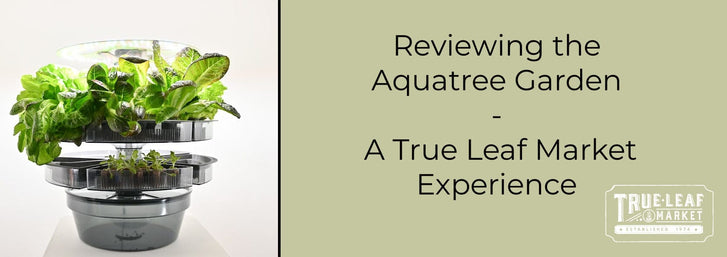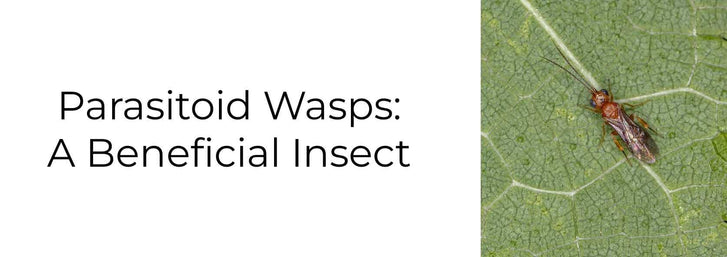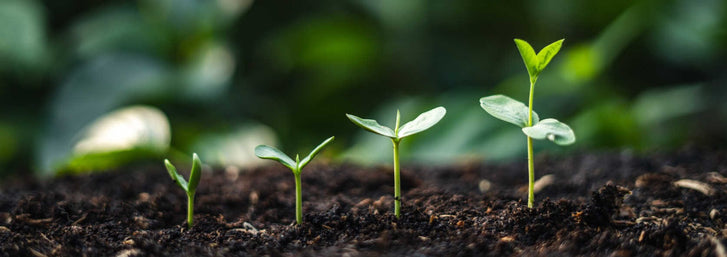
Kat Jones

Does just getting out of bed in the morning seem to be a major effort? How about doing a simple job of vacuuming the living room floor? How about serious things like having to keep a job which required concentration, focus, intellect and creativity—operations which in my mind were simply not functioning. I didn’t know it then, but I had Chronic Fatigue Syndrome.
This multitude of symptoms which I was experiencing included the inability to use my cognitive processes. The sheer and utter exhaustion I felt every day made me think I was dying or wishing I was. I was really overwhelmed with severe problems such as memory loss, confusion, brain fog, digestive difficulties, PMS, and even insomnia. I would have thought being that exhausted, that sleep would come easy, but it didn’t. To better describe this illness: It would be like having the flu or being hung over day after day, month after month. Words cannot describe the feeling I had—of no energy to feel, think, give, socialize, share, create, or exercise. Gradually over time, I lost my job, my friends, money, and possessions. Needless to say, this greatly increased my stress level.
In my desperation to get better, I turned to the medical profession—only to have most doctors I went to uninformed about my illness. One doctor even said that I would be sick for the rest of my life and I may as well learn to live with it.
I began searching for answers elsewhere. I sought out alternative therapies, including chiropractic, acupuncture, massage therapy, reflexology, and nutritional changes.
Ultimately I accepted the responsibility of getting myself well. I decided that I absolutely was not going to accept the idea that I might feel this way the rest of my life. I rejected the attitude that I was a patient because the term patient implied passivity and submissiveness and would leave me without a sense of power to change.
I became proactive and actually forced myself to get out of bed and go outside every day, I initiated an exercise program including tennis and golf. During this time, I was still in an absolute fog, but I pretended to enjoy myself.
Chronic Fatigue Syndrome was my enemy and the battle was just beginning. No one but myself really accepted the fact that I was extremely ill. This made life even more difficult. However, eventually, people began to come into my life who understood my problem. I even encountered some understanding doctors who gave me a lot of support in that they know I was not crazy, depressed, or lazy (as are many people so accused who have chronic fatigue syndrome.) They sensed my desperation to get better.
I became an active participant in recovering from the syndrome in that I made changes in my diet-eliminating all processed and white foods (sugar, dairy products, flour, salt, eggs) and red meat. I began to realize that this was not enough so I became a total vegetarian—making a complete about face of my traditional North American eating habits—which included animal protein, processed foods and overeating. I discovered that even these significant changes were not enough to completely heal my body. I remained a vegetarian but began to explore other alternative diets.
Thankfully, I discovered the living foods diet (Hippocrates Lifestyle or Ann Wigmore Diet.) Hippocrates, Father of medicine, said “Let thy food be thy medicine and the medicine be thy food.”
I integrated raw (living) food and chlorophyll into my diet. The chlorophyll I use comes from wheatgrass. I grow the grass indoors either in soil or hydroponically and then extract the juicer in a special juicer. I also grow sunflower and buckwheat greens.
I learned how to incorporate these highly nutritious foods into my diet when I attended a course at the Ann Wigmore Foundation in Boston. Ann taught that vegetables should be eaten raw in the form of blended soup, or fermented in a recipe she calls veggie-kraut. Prepared this way, vegetables become easier to digest. She emphasized a diet of dark greens (buckwheat, sunflower, wheatgrass juice), sprouts (alfalfa, lentil, pea, etc.) And high calorie, high enzyme fruits such as bananas and avocados. Other fruits she used are apples and watermelon. She included dehydrated foods and believed that food combining is important but not to let such a ‘science’ control our lives. Ann believed that the body becomes sick from eating foods that are dead (processed, microwaved, cooked, irradiated). Dead foods are devoid of enzymes and oxygen, the catalysts we need for proper digestion and proper assimilation and elimination. If we don’t eliminate properly at the cell level, we can become very toxic and subject to any disease. We can reverse this toxic nutrient deficient and diseased body by eating food in its natural state. Ann said that we must reform our attitudes toward dead foods, that they can be highly addictive and that most of the time we eat these foods because we are emotionally attached to them.
This whole lifestyle is easy and I haven’t felt that it has controlled my life. Ideally, I feel comfortable eating about 80% raw foods and 20% cooked. I feel that food which still has its life force intact, transfers that life force to my body and increases my energy. When I make inappropriate food choices, I feel tired and listless reminding me that my body is still very sensitive and requires further healing.
Another thing I wondered about—why did this happen to me? It was essential that I found this answer because it became interesting to me to explore this. Was it just physical, or was it emotional, spiritual, and/or intellectual? Therefore I became aware that in order to heal, I had to not only repair my physical body, but also the other three parts as well.
Looking back on my healing process, I realize even though it was quite painful, it was necessary for me to experience and in many ways I’m much stronger for having to deal with this struggle. I view chronic fatigue syndrome as a health challenge rather than a chronic illness or an impossible hurdle to overcome. I alone was responsible for regaining my health. Nobody was going to hand it to me in a pill or on a silver platter.
To those of you currently experiencing CFS, I would like to say: “Don’t own the disease and let it get the best of you. The best of you has yet to surface and this disease has happened to you to wake you up to this fact. Never take your health for granted and try not to feel victimized by CFS, as you will only continue to let it control you. You must take control of your health by realizing that the body will only have the capacity to heal if you make the right choices. You must honor yourself and do what is right for you.
I cannot finish this article without expressing my gratitude to those who stood by me through thick and thin while I was sick. Their belief in me helped me more than they may ever be able to realize. I am truly blessed to have met these people at a time in my life when I needed as much support as possible.
I am now able to work part-time and enjoy a fuller life today than even a year ago. My focus is on feeling better. I am still experiencing vulnerabilities in my cognitive functioning and some other CFS related symptoms. However, I know the more I surround myself with healthy decisions, the easier my complete recovery will be. Health is now one of my main priorities since I know that without it, I stand to lose everything.
Leave a comment
Your email address will not be published. Required fields are marked *
0 Comments
No Comments yet! Be the first to start a conversation
Further Reading

Reviewing the Aquatree Garden: A True Leaf Market Experience
The AquaTree Garden is an innovative growing experience! This nifty appliance allows you to grow leafy greens, microgreens, herbs, large sprouts, and vegetable starts (like tomatoes) all at once! When it comes to indoor gardening, there is no question ...

Ashleigh Smith
2024-04-225 min read1
Parasitoid Wasps: A Beneficial Insect in the Garden
Written By Lara Wadsworth There are estimated to be around one million different species of parasitic wasps worldwide. In fact, most wasps are parasitic, which means they live on or in a host at the host's expense. For common garden pests like aphids, ...

Ashleigh Smith
2024-04-226 min read0
Succession Planting: The Key to a Continual Harvest
Do you find yourself harvesting large amounts of any given vegetable from your garden all at once? There is a solution! The practice of succession planting, or planting in segments over a period of time, allows you to harvest root vegetables, leafy gre...

Ashleigh Smith
2024-04-223 min read2
10 Natives of the Southwest USA for Pest Control
Written By Lara Wadsworth The Southwestern United States is a region incredibly unique to the rest of the country. The hot, dry weather can be challenging for plants and animals to thrive without additional help. That is why gardening with natives can ...

Ashleigh Smith
2024-04-157 min read0



